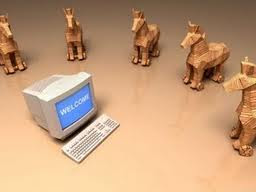
The logic of most internet users would be to find a free antivirus software before buying any antivirus software. Of course! Why buy when you can have one with no cash out? However, you get what you ask for, so to make sure you get an antivirus that will work well, and also be free to use, here are some of the necessary features you should look for in the free antivirus software.
Does it have real time scanning?
This means as you work or play on your computer while being online, will the antivirus program work as well? Will it be able to detect incoming files or applications that contain dangerous viruses?
Does it have on-demand access and scanning? Can you pre-schedule scans?
For instance, when you open an email from a person who sounds like someone you met, but you are not sure, will the antivirus be able to detect a malware as you open the file? Also, can you schedule scans when you want, or do you follow its schedule?
Does it have a Heuristic scanning feature?
This means your antivirus should be able to figure out new threats based on what it knows, even before the updates are installed?
Can it go through your compressed files and find viruses sneakily hiding there? Often you will find out, a lot of malware tend to effectively bury themselves under a pile of files, making it extremely difficult for manual detection. Many times, the only way to find these threats is through a good antivirus program.
How well can it protect when you are online?
Can the software check the websites prior to your visiting them, and can it detect danger from instant messaging?
Article Source: http://goo.gl/FmnBY










